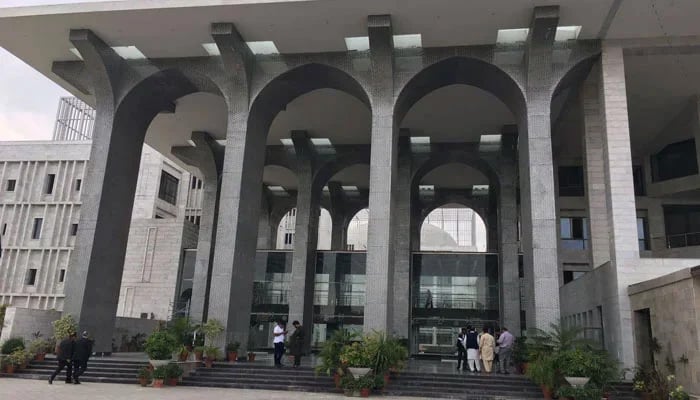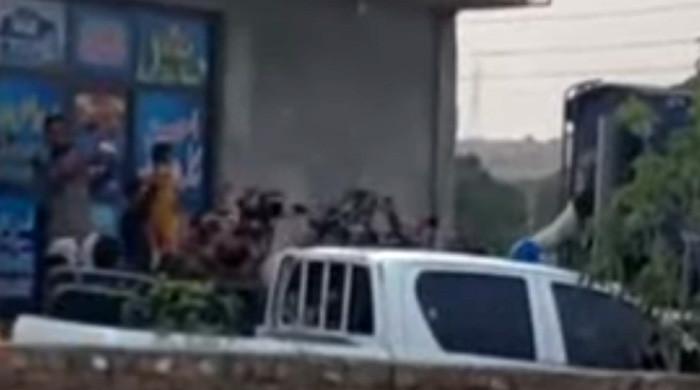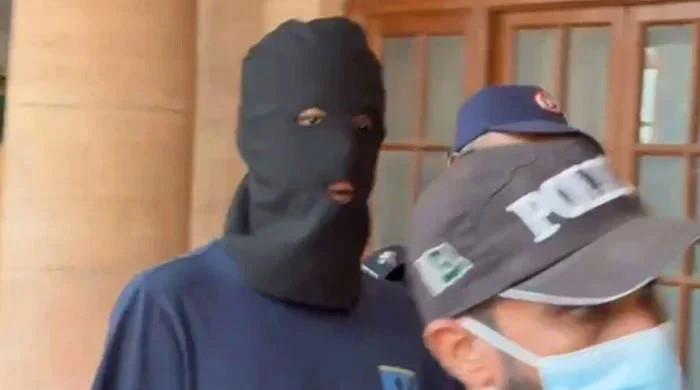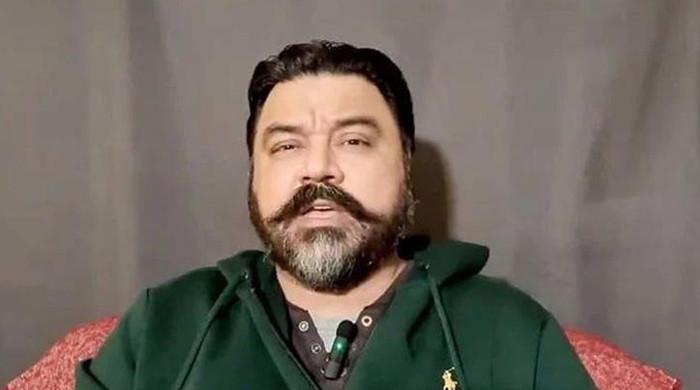Major cases taken up by high and lower courts that made headlines in 2023
Several cases involving political personalities taken up by high court made headlines throughout 2023
December 26, 2023

As the year 2023 is about to end, let's have a look at the yearly roundup of major cases in the Islamabad High Court (IHC) and its subordinate courts.
Several cases involving political personalities taken up by the high court made headlines throughout the year.
One of the major events linked to the IHC was Pakistan Tehreek-e-Insaf (IHC) founder Imran Khan's arrest from the premises of the high court in the £190 million settlement case on May 9.
The event came right before the IHC shifted to a new building located on Constitution Avenue, also known as Shahrah-e-Dastoor, in the federal capital.
Later, the cases against PTI leaders' arrests under Section 3 of the Maintenance of Public Order (MPO) were also taken to the IHC.
During the outgoing year, former prime minister Nawaz Sharif, who returned to the country after a four-year-long self-imposed exile in London, received a major relief from the high court in the shape of acquittal in two graft cases, Avenfield reference and Al-Azizia Sugar Mills case, on separate occasions.
Before this, the IHC restored his appeals on the convictions in these cases, which had been earlier disposed of due to his absence, and revoked his status of an absconder upon his "surrender" before the court.
In a significant ruling, IHC Chief Justice Aamer Farooq gave a four-week deadline for the completion of the trial of the cipher case against Imran Khan — the former prime minister who was removed from power via a parliamentary vote in April last year.
Meanwhile, a two-member division bench of the high court, headed by Justice Mian Gul Hassan Aurangzeb, declared the notification for conducting a jail trial of the deposed premier in the same case.
The bench also raised a question on the four-week extension for the completion of the trial in the secret documents case.
Besides this, Justice Babar Sattar of the IHC ordered the Inter-Services Intelligence (ISI) to hold an inquiry into the matter of audio leaks.
Attorney General for Pakistan (AGP) Mansoor Usman Awan, who represents the government in different cases, apprised the IHC that no law enforcement or intelligence agency has been authorised to intercept or record telephone calls.
At this, the high court directed the Intelligence Bureau (IB) director general (DG), Federal Investigation Agency (FIA) DG and Pakistan Telecommunication Authority (PTA) chairman to assist the court on how private conversations of citizens can be recorded and spied on.
Moreover, the IHC conducted several hearings on cases related to missing persons including Mudassir Naro and forced disappearances of Baloch students.
Justice Mohsin Akhtar Kayani of the IHC summoned caretaker Prime Minister Anwaar-ul-Haq Kakar and then-interim Interior Minister Sarfaraz Bugti, but since he was out of the country at that time, the latter assured the court of recovery of the missing persons.
The IHC also suspended the detention orders by a district magistrate for the arrest of PTI leaders Shehryar Afridi and Shandana Gulzar under 3-MPO, and began contempt of court proceedings against the Islamabad district commissioner and senior superintendent of police for non-compliance with orders.
Meanwhile, a judge of an additional sessions court, which works under the IHC, Humayun Dilawar, sentenced Imran Khan to three years in jail in the Toshakhana case.
Sessions judge Nasir Javed Rana convicted Shahnawaz Amir of the murder of his wife, Sarah Inam, and sentenced him to death.
Central Special Judge Shahrukh Arjumand acquitted former SECP chairman Zafar Hijazi in the record tampering case.
Furthermore, other local courts operating under the IHC declared PTI leader Shahbaz Gill and Mirza Shehzad Akbar absconders in cases of inciting mutiny and fraud, respectively.
One of the local courts took up Bushra Bibi's ex-husband Khawar Maneka's case against the former first lady's marriage with Imran Khan.











